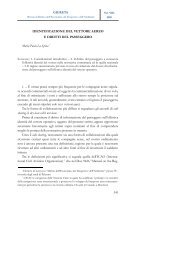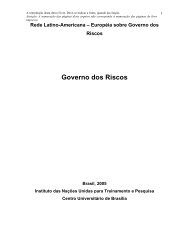YEARS OF EUROPEAN ONLINE ANNÉES DE EN LIGNE ...
YEARS OF EUROPEAN ONLINE ANNÉES DE EN LIGNE ...
YEARS OF EUROPEAN ONLINE ANNÉES DE EN LIGNE ...
You also want an ePaper? Increase the reach of your titles
YUMPU automatically turns print PDFs into web optimized ePapers that Google loves.
WORKSHOP<br />
the tool could prove to be very useful for practicing lawyers and for<br />
judges, because it lets the user shift very easily from one system of national<br />
law to another.<br />
the system works not only on single terms, but also on expressions, as<br />
the example of ‘good faith’ showed. By clicking successively on ‘European’,<br />
and then ‘Show other linguistic versions’, the user obtains the equivalent of<br />
‘good faith’ in all ive languages and sees that there are several french equivalent<br />
terms: loyauté, bonne foi, en traitant de façon loyale et équitable: clicking on ‘Association’<br />
reveals the term used for national implementation: bonne exécution des<br />
obligations.<br />
Let me close this presentation with a word about ontology. the ontology<br />
related to this programme has been elaborated by colleagues together with<br />
computer scientists. It permits the development of an expert system which<br />
will make the dictionaries within the Syllabus able to communicate with<br />
others using analogue ontologies.<br />
finally, the system allows for statistics. It gives a set of European terms<br />
with distinctive transpositions in national law. It consists of a list of terms<br />
used at European level and the corresponding — different — terms used at<br />
national level. It illustrates how the language of European law differs from<br />
the language of national law, even though it is the same, common language.<br />
As an example, European law says Angebot for ‘offer’, but German national<br />
law uses Antrag. the list is rather long and one could speculate about<br />
whether this was done on purpose or whether there were simply mistakes.<br />
when talking about access to data and databases using searches on terms,<br />
problems might arise as these systems are rather rigid when it comes to recognising<br />
or not recognising words. for instance, if the user searches for Angebot<br />
in the national legislative level, he will not ind anything as there is nothing like<br />
Angebot: German national law uses Antrag. thus the only way to perform fruitful<br />
searches is to apply semantic tools. Semantic tools enable the user to capture<br />
both Angebot and Antrag.<br />
General statistics concerning the number of terms already worked out and<br />
synonymies offer lists of terms used within the same context. this is where<br />
the real connection between ‘ontology’ and Syllabus appears. Each entry provides<br />
a single link in the ontology, which refers to all concepts.<br />
As mentioned before, the project team tried to make the tool useful for<br />
several groups of users. there is a level for ‘general users’ as well as a specialist<br />
level: an ontologist can work out ontologies and can have access to the<br />
134 | 135<br />
01_2007_5222_txt_ML.indd 135 6-12-2007 15:14:01



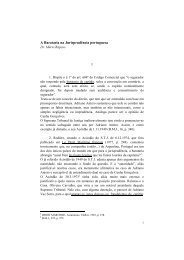
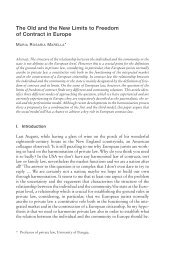

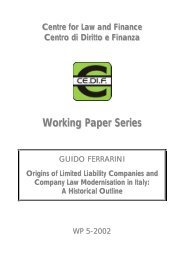
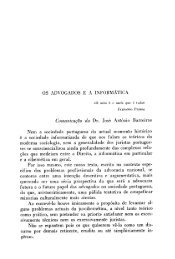
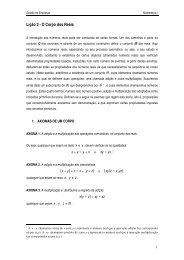
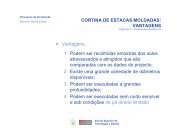
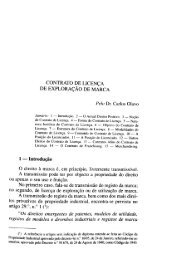
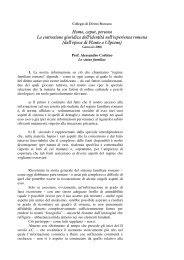
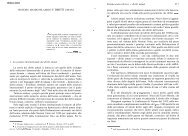

![Luigi Sapio Nozione di islām La parola “islām” [ ] è il mas.dar1 ...](https://img.yumpu.com/15836073/1/185x260/luigi-sapio-nozione-di-islam-la-parola-islam-e-il-masdar1-.jpg?quality=85)
